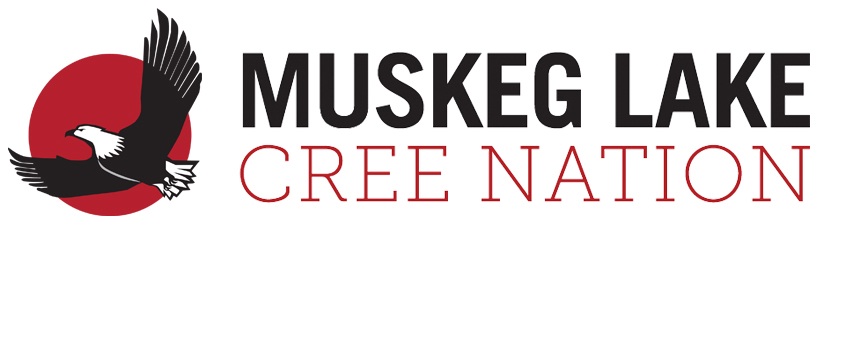By: Nick Pearce, Local Journalism Initiative Reporter, The StarPhoenix
A former candidate for Muskeg Lake Cree Nation council wants the Federal Court of Canada to reverse the First Nation’s last election.
Alvin Arcand applied for judicial review in Edmonton on Aug. 27, alleging an election held last March broke the band’s election rules partly by offering online voting to accommodate pandemic concerns.
“They’re not listening to the band members. They’re making decisions on their own,” Arcand said.
In the band’s March election, he received 203 votes, denying him one of five on-reserve council seats.
He alleges online ballots didn’t comply with the First Nation’s election rules about distance voting. He also alleges that electors received multiple ballots, administrative staff wrongly participated in handling the election, and that there was a lack of transparency during ballot counting where mail-in submissions also weren’t included.
Dianne Lafond, the band’s director of operations, declined to comment.
As part of his application, Arcand wants to quash an appeal tribunal’s decision from July 28. The band’s tribunal decision found the chief electoral officer was entitled to use electronic voting for public safety purposes without undergoing a long referendum to formally change the band’s elections rules.
The decision applied the same logic to restricting attendance to where votes were being counted, which it said didn’t purposefully limit transparency.
The band’s defence calculated that even if online votes were left out entirely, the election results would be the same.
“An interpretation of distance balloting that prohibited electronic ballots would be inconsistent with the right of eligible (First Nation) members to vote, particularly in light of the health and safety concerns associated with gathering as a result of the COVID-19 pandemic,” the defence said.
Similarly, if each of the band’s candidates had someone oversee ballot counting in person, the required numbers would have broken public health orders. Ballot counting instead took place over livestream, the defence documents say.
The chief electoral officer received no complaints over that process, according to the documents; Arcand also said no other candidates have reached out to him with concerns.
The band defence noted the chief electoral officer sent out 10 mail-in ballots and received seven back.
It added that one member received two electronic ballots, but she informed the chief electoral officer of the mistake and did not vote twice.
However, Arcand’s federal court application says he tried to include witnesses in the tribunal via video call to speak to double-voting and online challenges, but his request was denied.
Regarding conflicts of interest, the defence also argued that an administrative staff member wasn’t appointed as a deputy electoral officer, but that person did give out masks and hand sanitizer and offered directions at an Edmonton polling station.
As of Tuesday afternoon, the band hadn’t responded to Arcand’s federal court application.
“My main concern is that we get an election and do it legitimately,” Arcand said.
